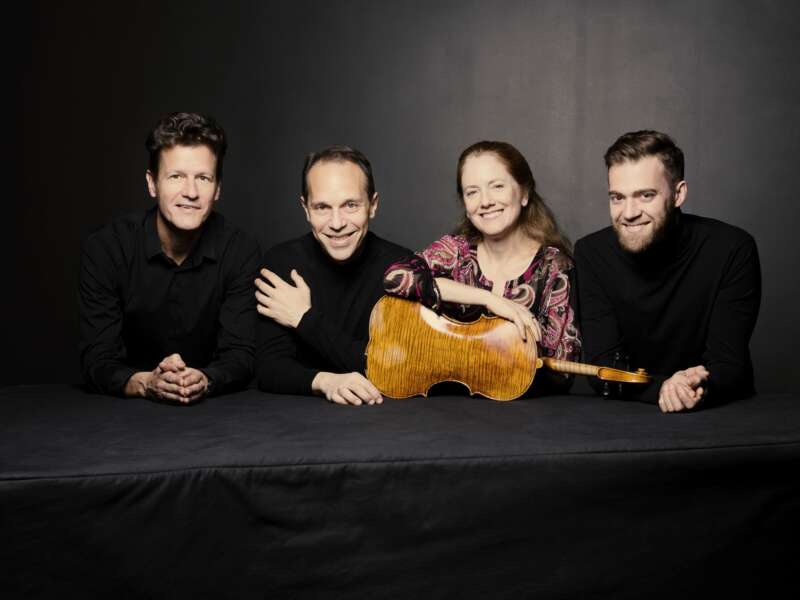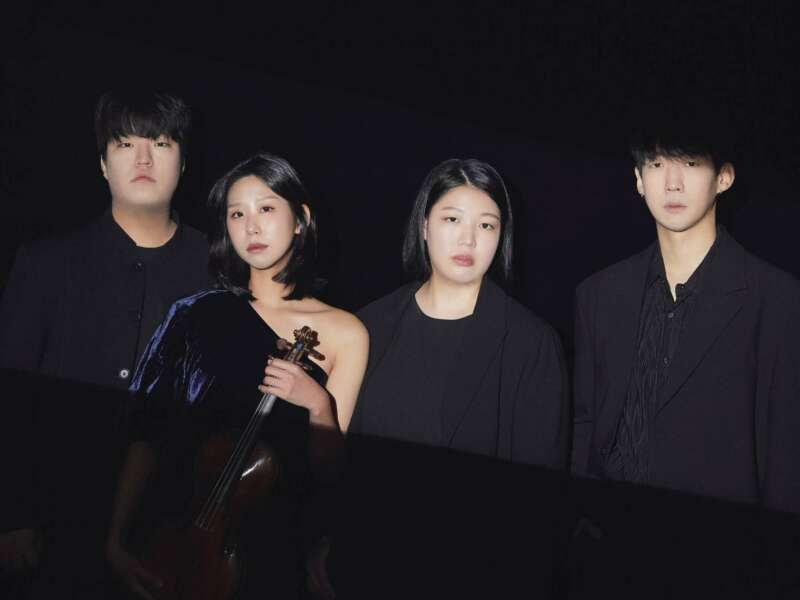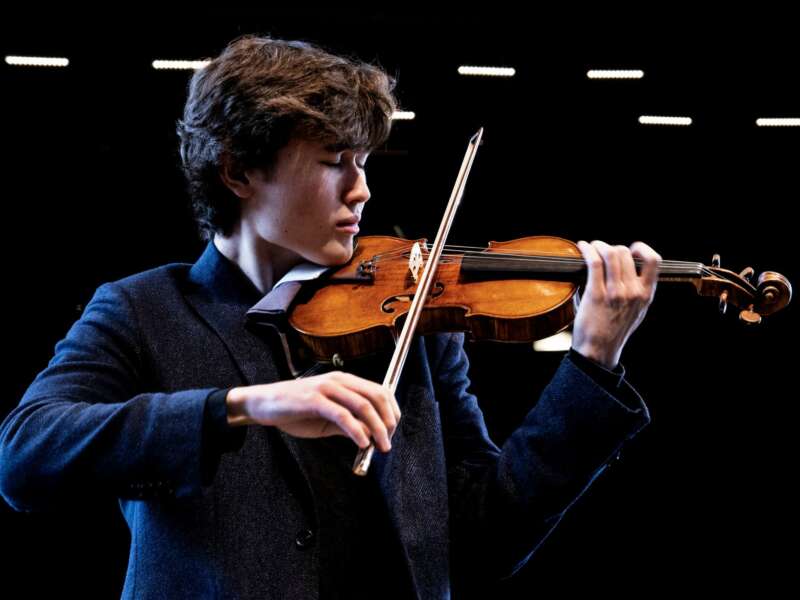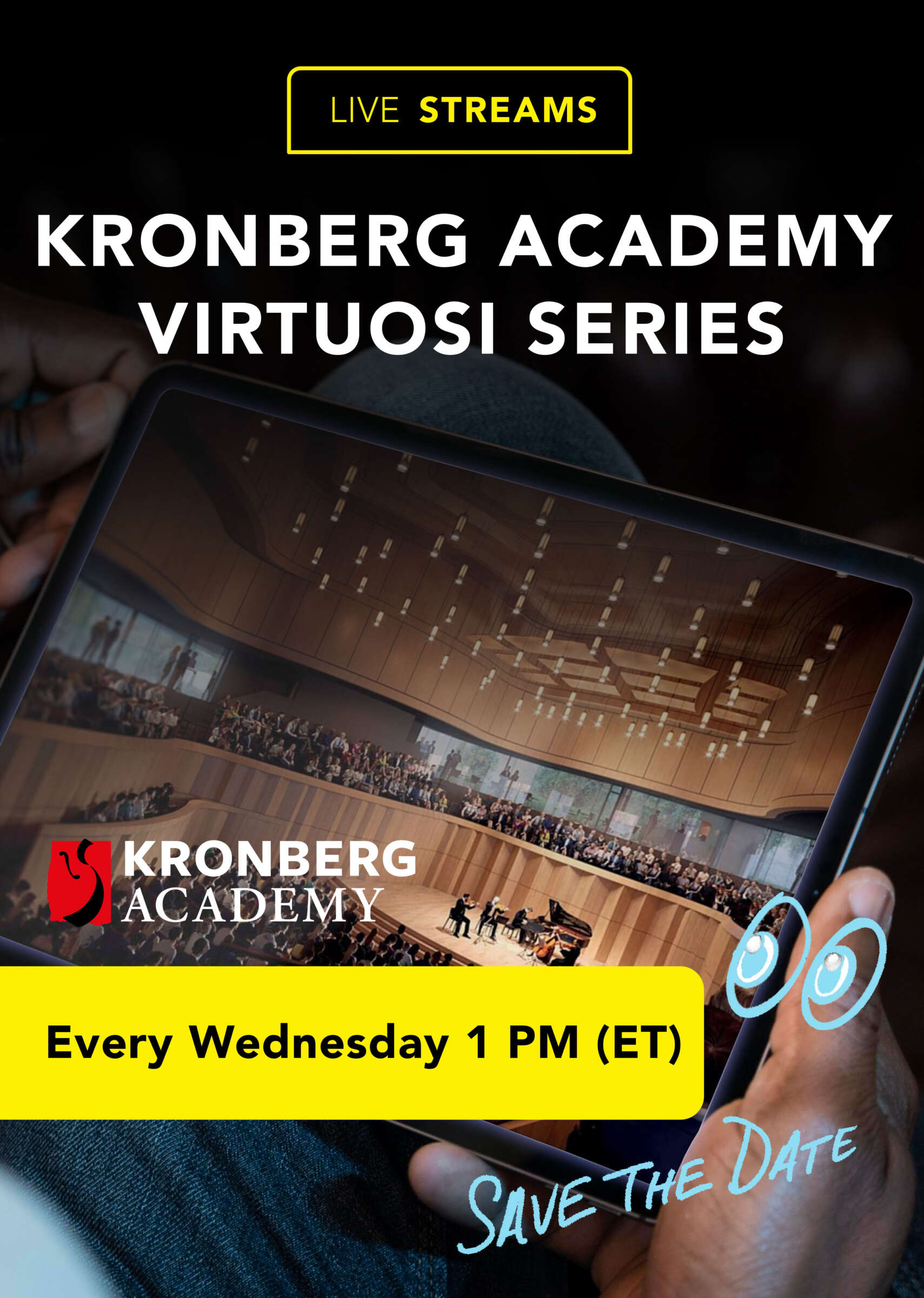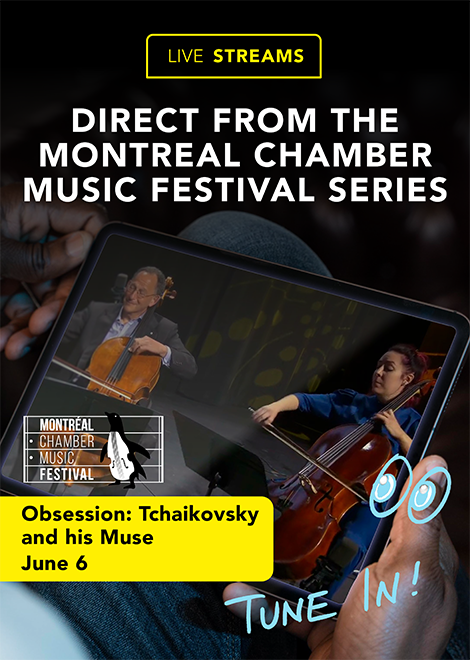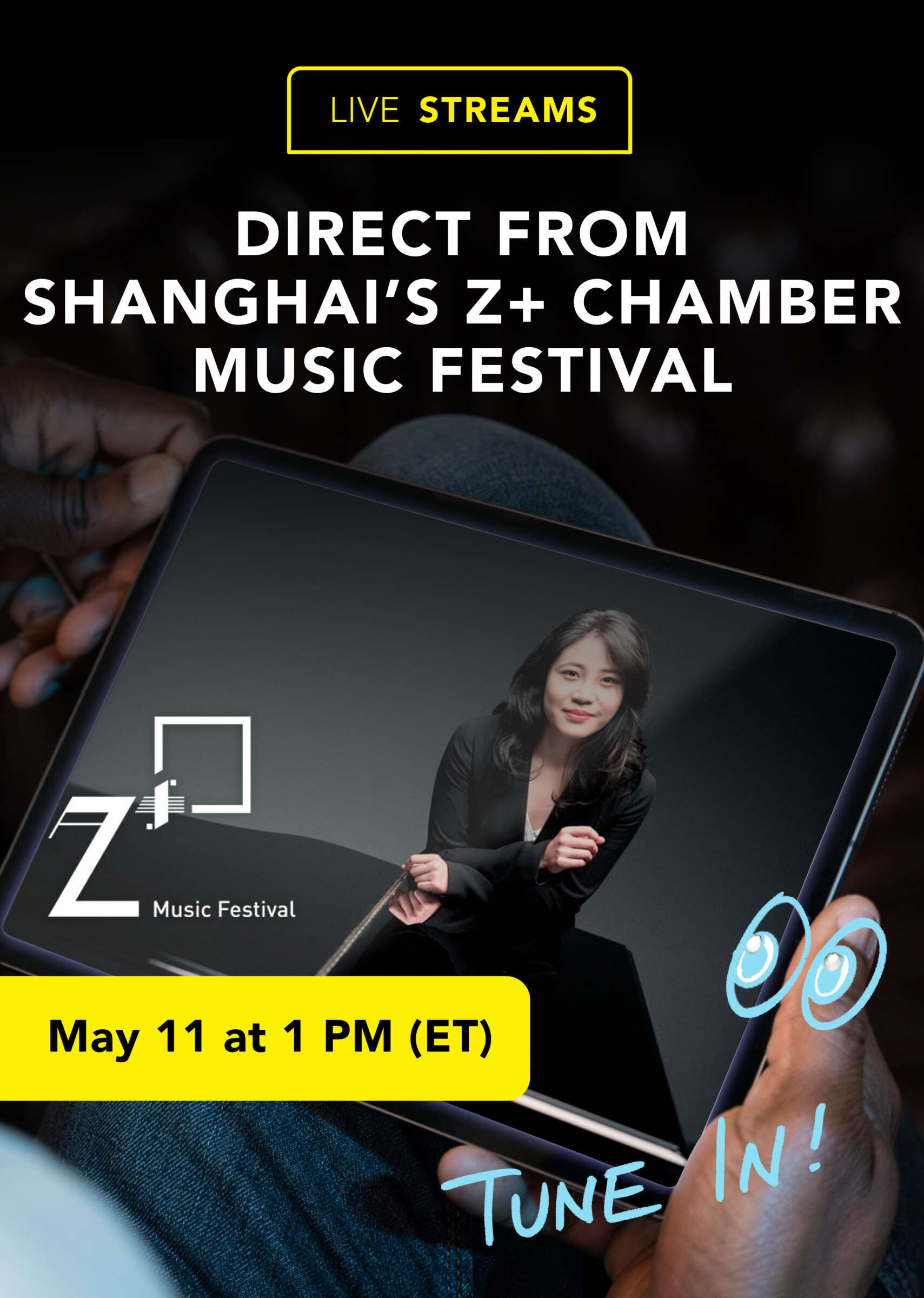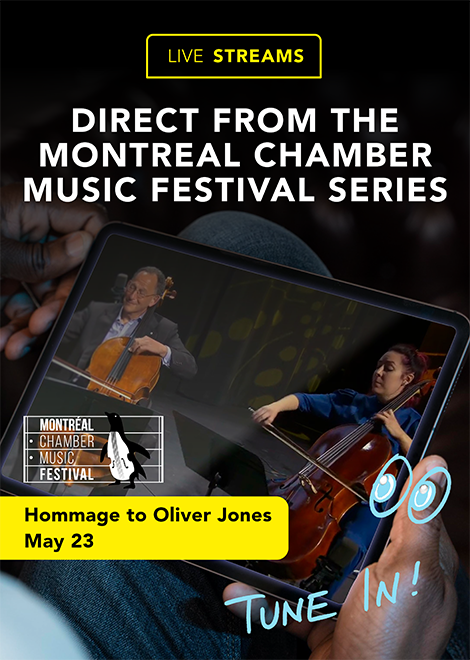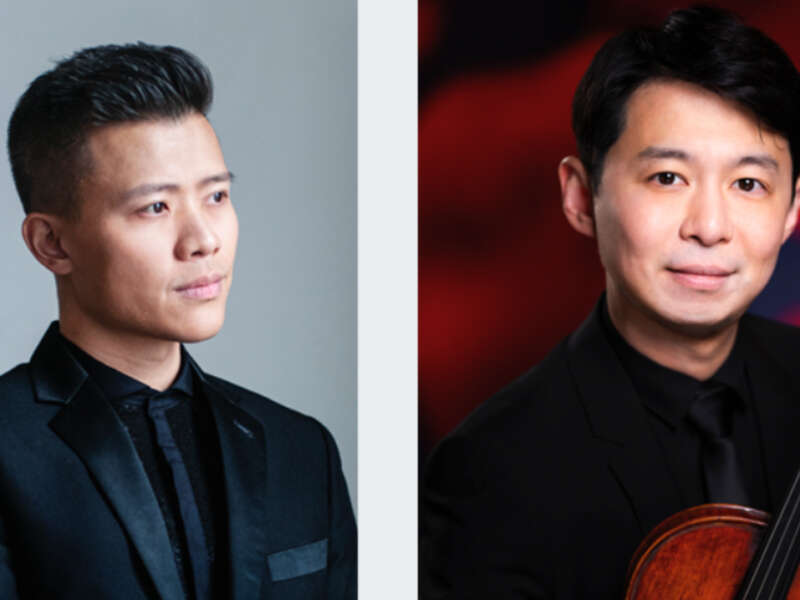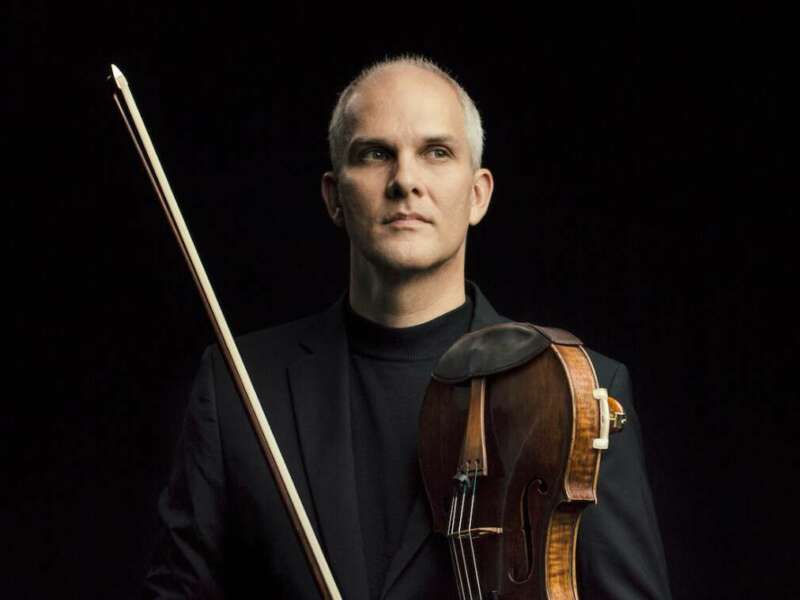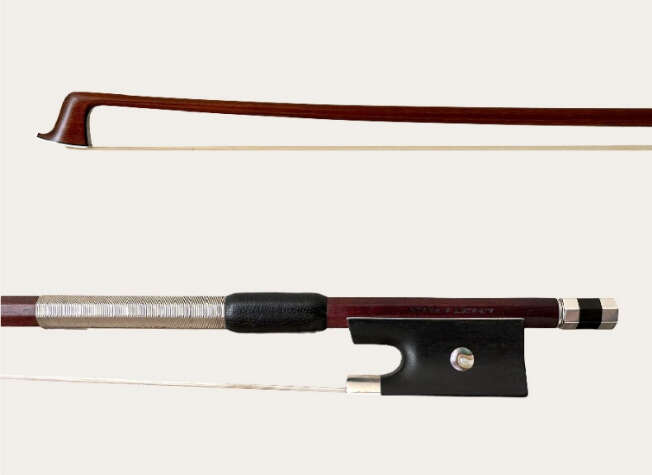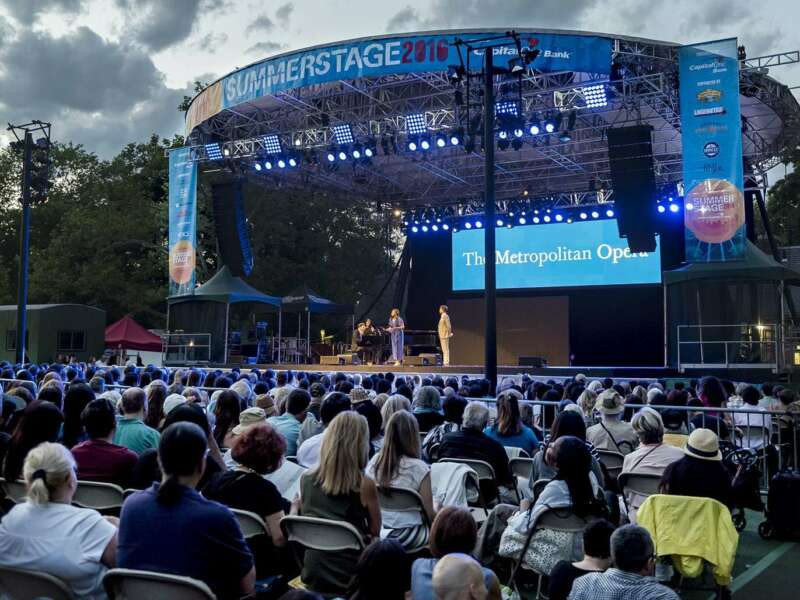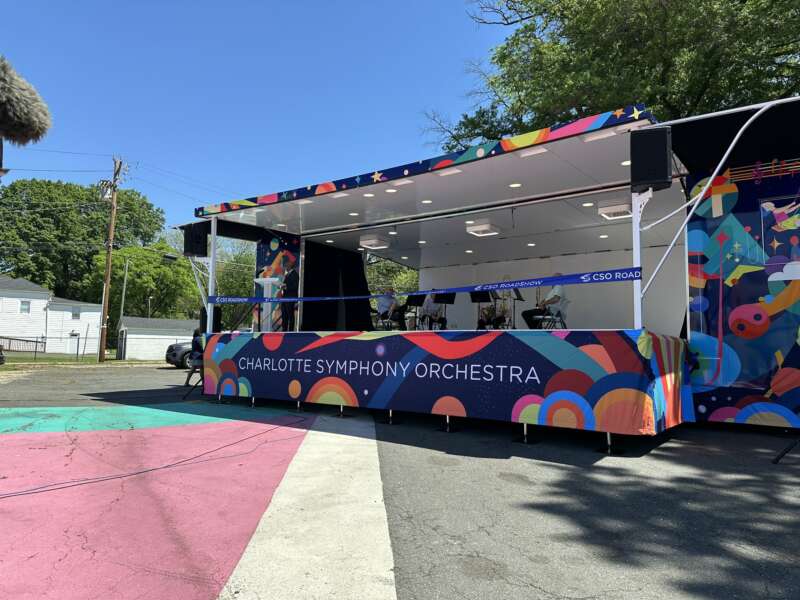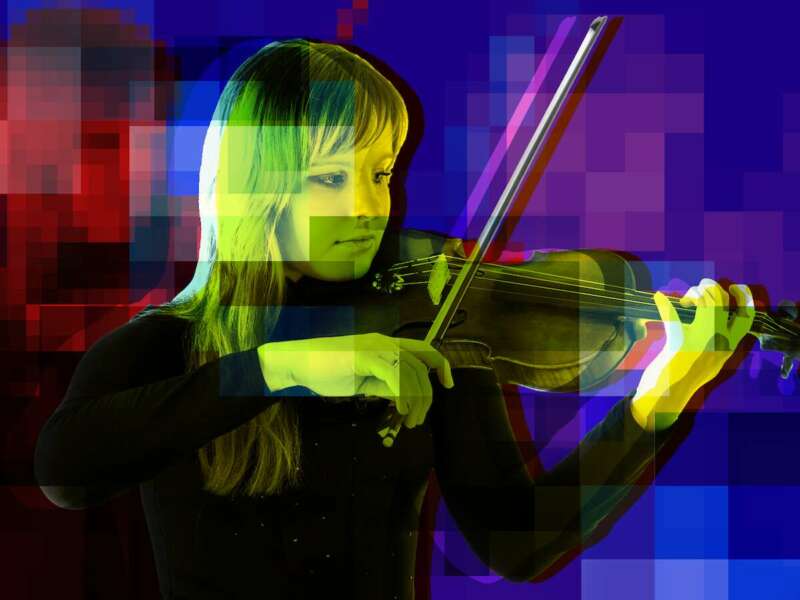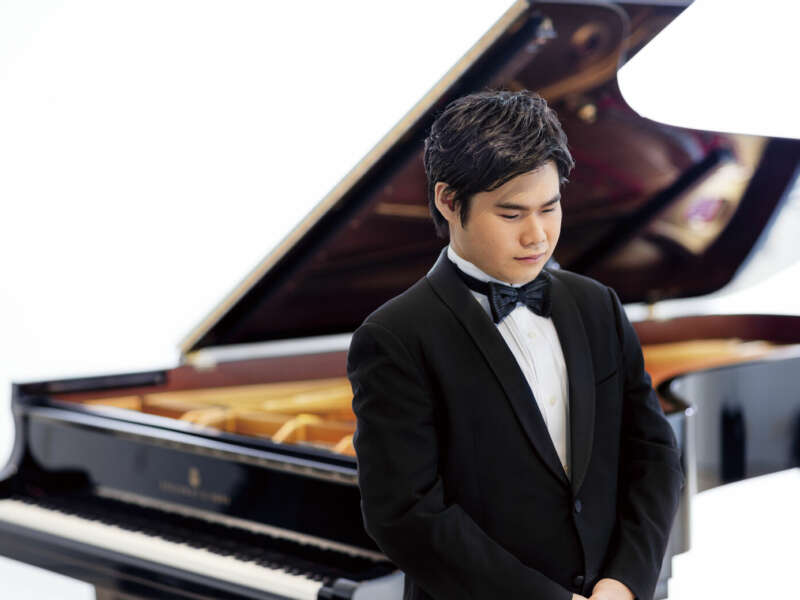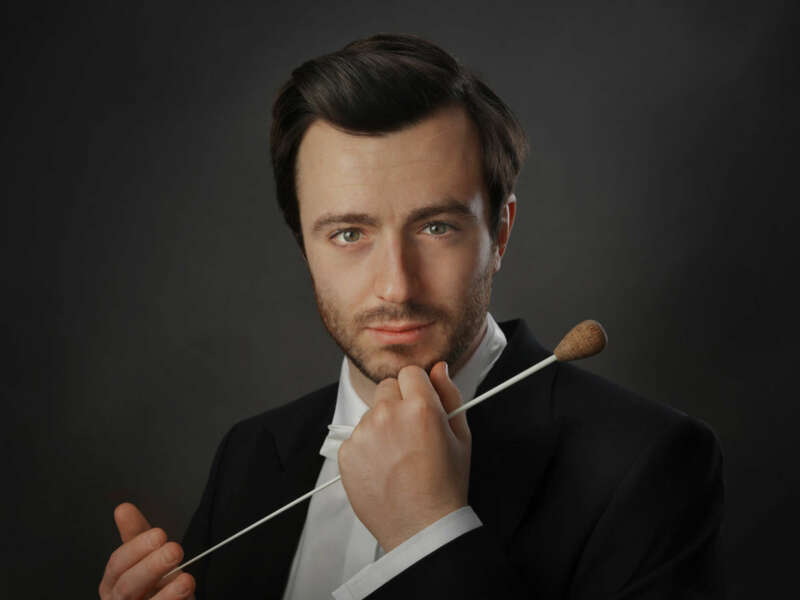Royal College of Music Museum Opens to Public
The museum contains the earliest known guitar, the earliest stringed keyboard instrument, and famous portraits of Haydn and Farinelli
The Royal College of Music Museum recently opened to the public, following a contribution of £3.6 million worth of funding from the Heritage Lottery Fund. The museum is designed to showcase approximately 56 of more than 15,000 items in the RCM's collection — one of the largest conservatoire collections in the world.
As well as housing and showcasing rare instruments, part of the museum is devoted to the time-based nature of music, and offers patrons the opportunity to listen to recordings that relate to the physical items on display.
Such items are set to include rare manuscripts, such as the autographed score of Mozart's Piano Concerto No. 24. However, manuscripts will only be displayed for short periods to prevent them from being damaged by light exposure.
Alongside instruments, recordings, and manuscripts, the museum aims to offer a more general view of human creativity by exhibiting items that relate to music history, such as portraits. The gallery's first exhibition, Musical Portraits in Bohemian London, opened on October 5 and explores portraits and posters of prominent musicians by the artists Edward Burne-Jones and John Singer Sargent.
"We wanted the music museum to relate to the variety of music in this building: music from the Middle Ages to music for screen and video games," said Professor Gabriele Rossi Rognoni, who is the RCM’s Chair of Music and Material Culture as well as its Museum Curator.
"One of the challenges of a music museum is that you do not want the space to be silent. However, you cannot play the original [instruments] all the time, so we rely a lot on digital technologies. We have a digitization centre, with a wonderful digitization officer. Most of the instruments have been recorded. There is a conservation workshop to ensure that instruments are in playable conditions.
"The museum is very much about education and accessible activities for all," Rossi Rognoni added. "We wanted to redefine how we engage with communities, creating physical space for activities for schools and families, and programs for people suffering from dementia and autism as well as other disabilities."
may 2024
june 2024


